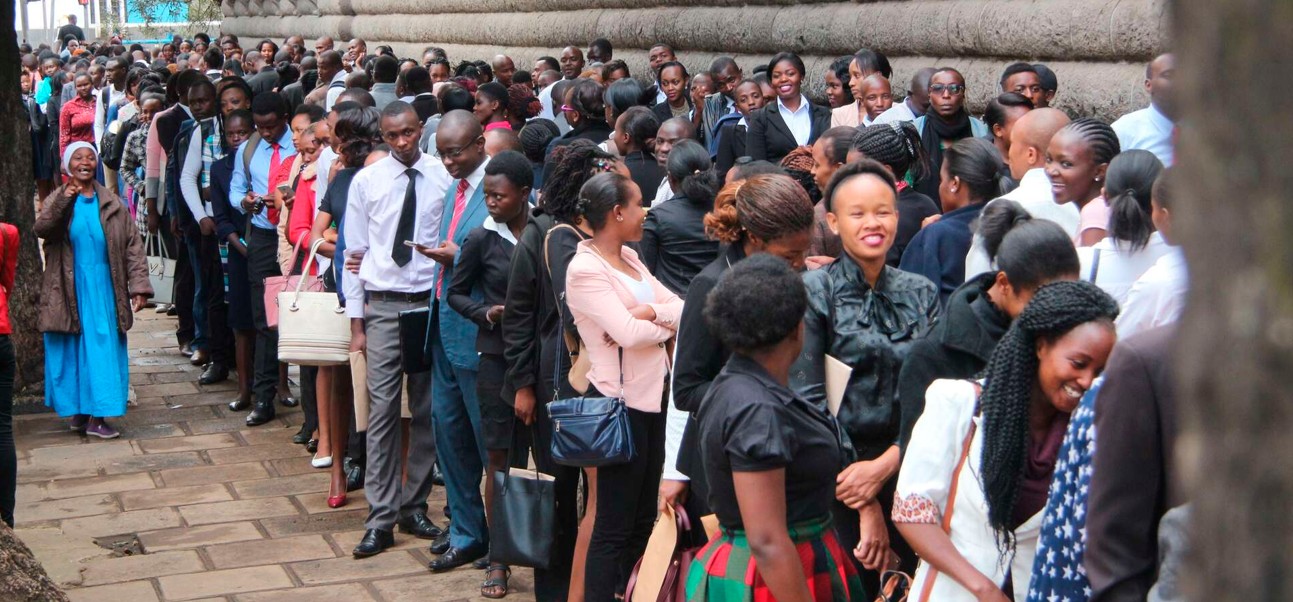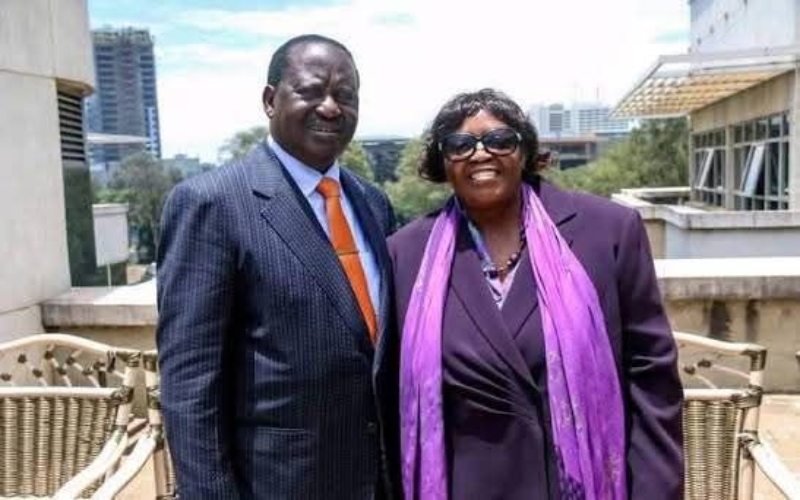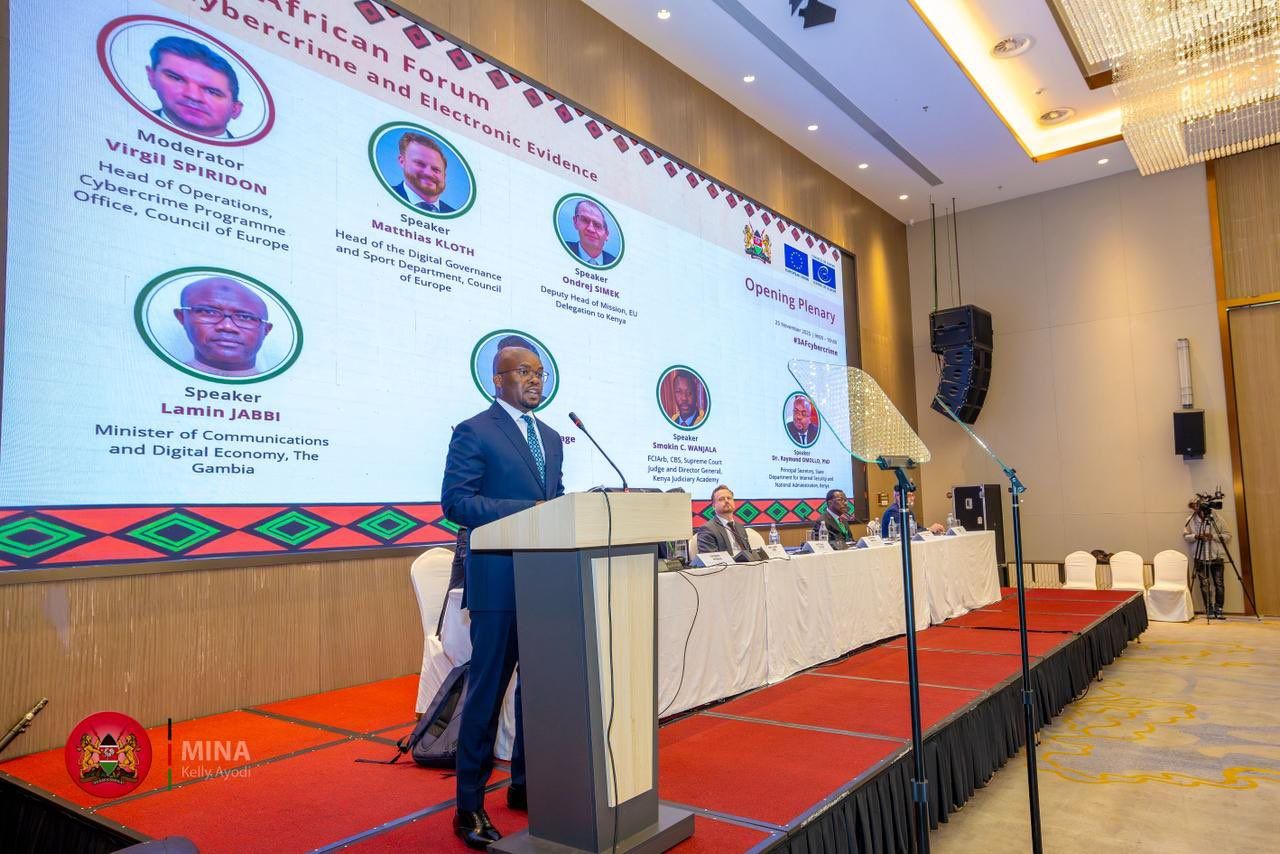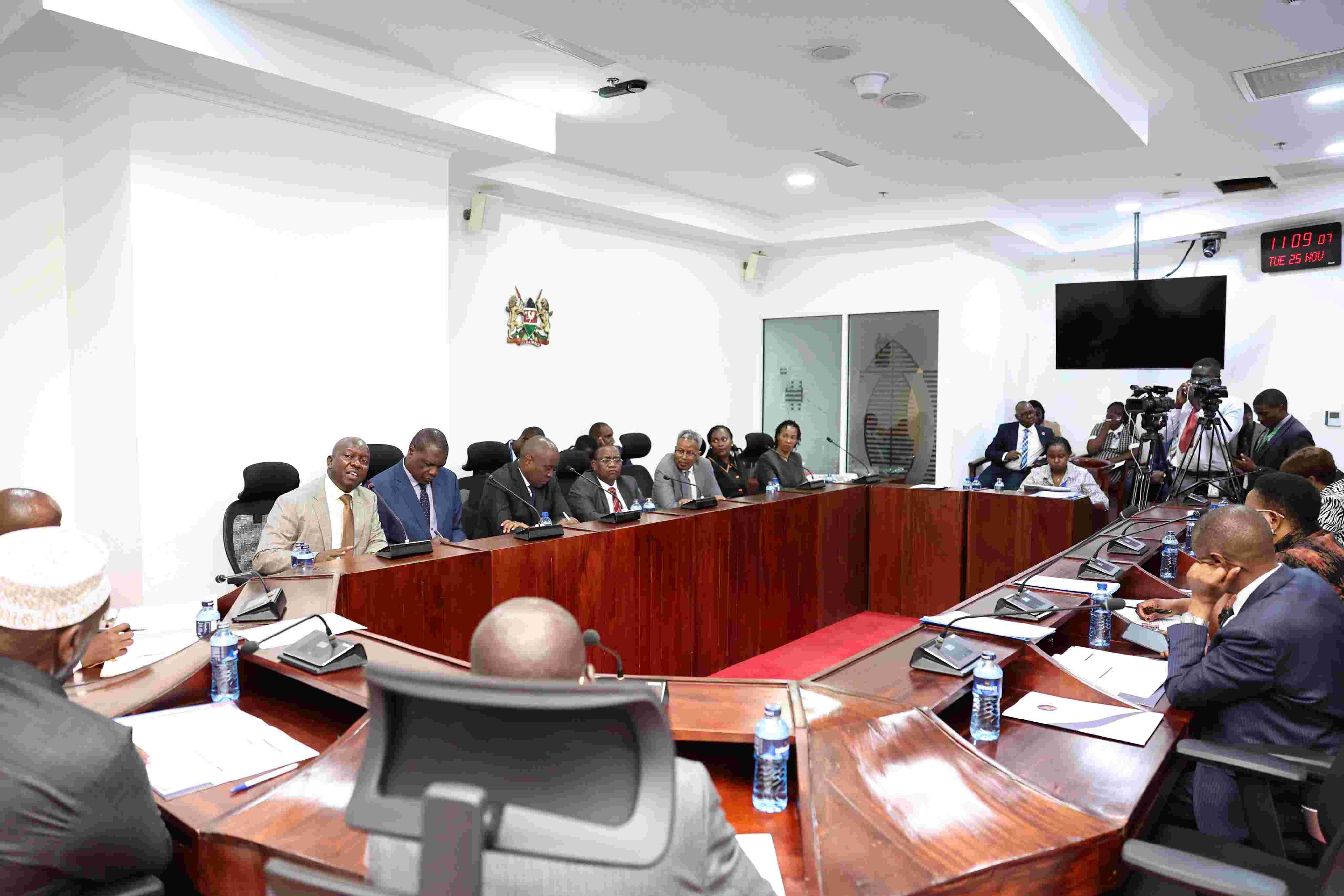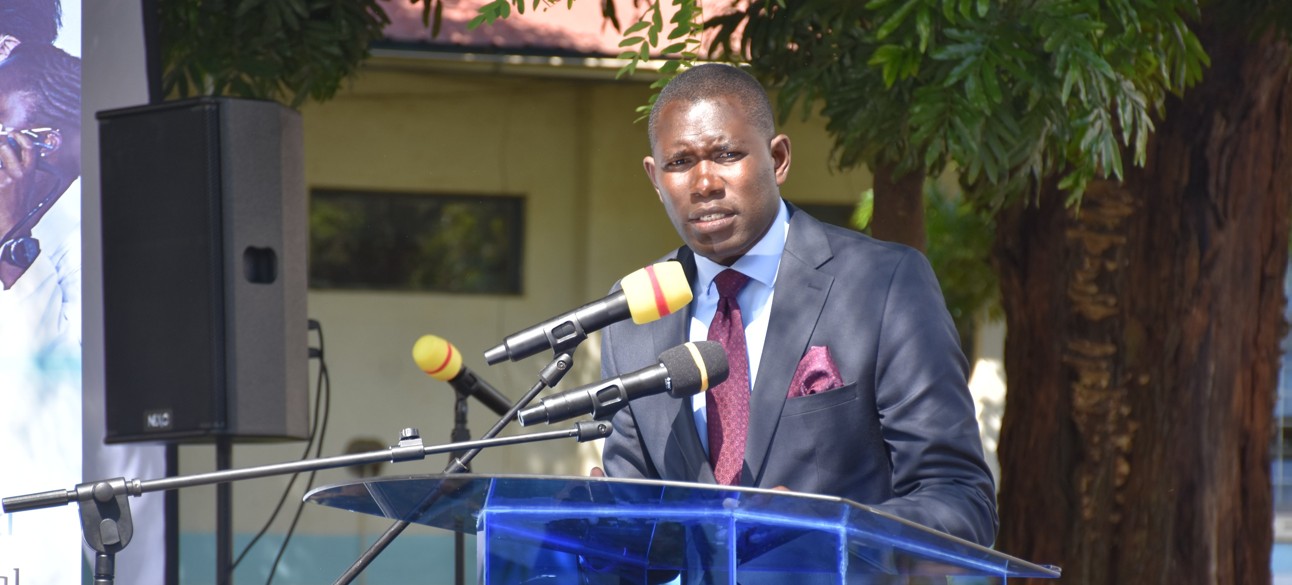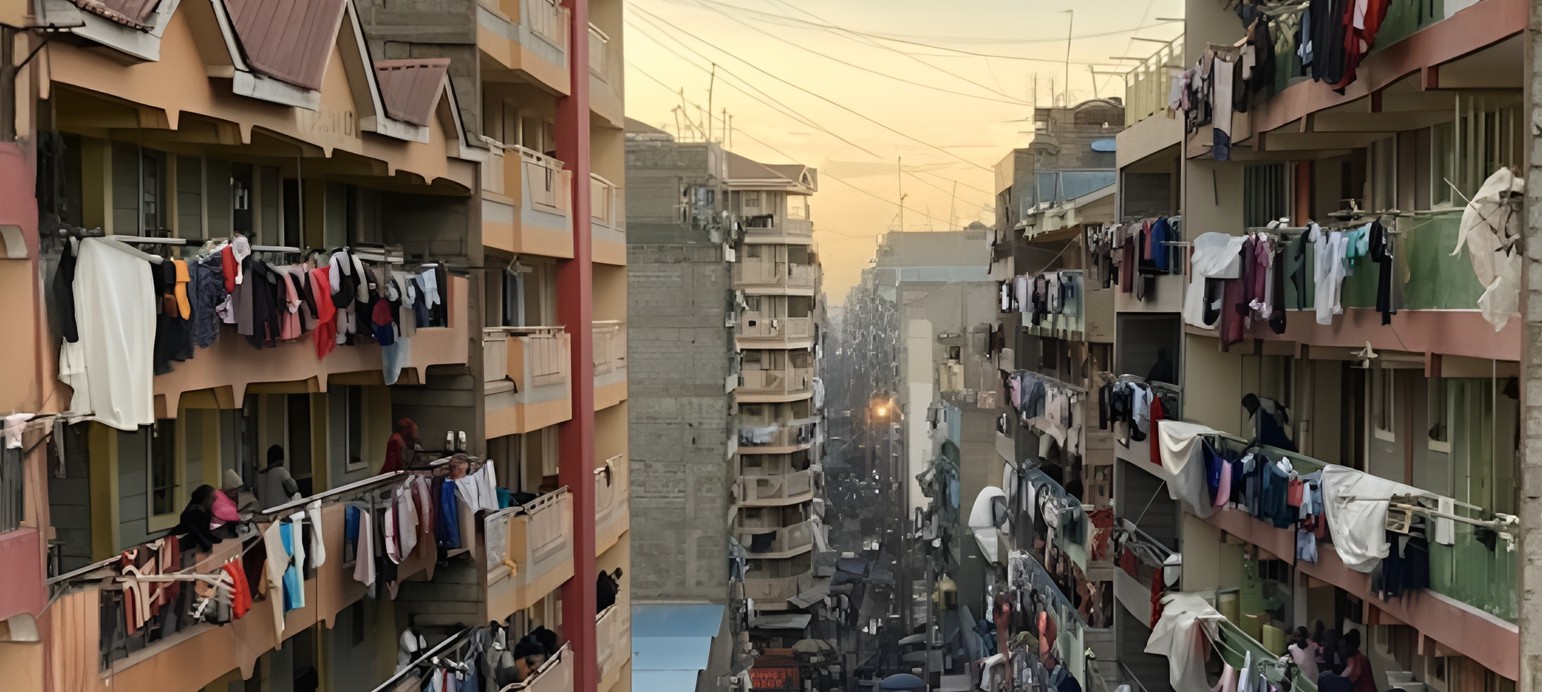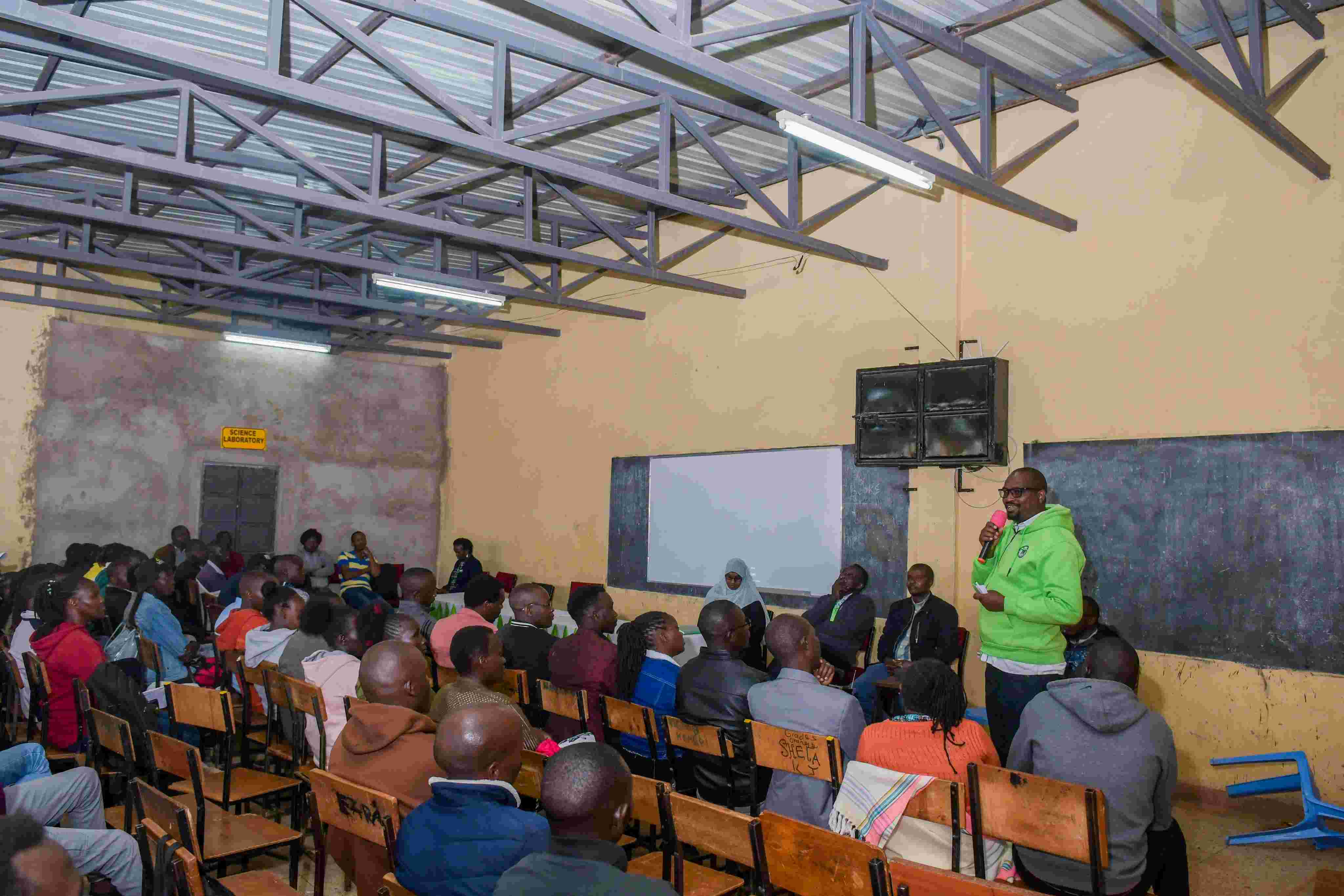CS Wahome: Housing levy contribution not guarantee to home ownership

In March 2023, Housing and Urban Development Principal Secretary Charles Hinga had indicated that the housing levy is a form of saving, not a tax.
Lands and Housing Cabinet Secretary Alice Wahome has clarified that Kenyans will still need to pay for homes under the government's affordable housing project, despite their mandatory contributions to the housing levy.
The initiative, introduced by President William Ruto to address Kenya's housing deficit and provide job opportunities, requires salaried workers to contribute 1.5 per cent of their monthly salary, which is matched by their employers.
More To Read
- Illegally grabbed Mombasa land to host affordable housing units after EACC recovery
- Only 54 of 540 acres properly titled for affordable housing, governors warn
- Ruto says public demand for affordable housing has replaced doubts with excitement
- Sh73.2 billion raised for Affordable Housing in 2025, only 1,795 units delivered
- Makongeni residents protest planned demolitions under affordable housing project
- Kenya secures Sh167.9 billion to expand affordable housing, low‑cost mortgages
Wahome clarified that while the levy is mandatory, it is not for the early purchase of homes, and Kenyans will still have to make additional payments to own the property once construction is completed.
"The money you are contributing is not supposed to give you a house; it is helping us build the house. After that, it is you who pays for that house," Wahome explained during a simulcast on Nation FM and NTV.
"We are not building to give them to you; it is for a rent-to-own agreement. Think of it as a tenant purchase scheme," she added.
Under the affordable housing initiative, once the homes are built, workers will be required to enter a rent-to-own agreement, making payments over time to eventually own the property.
"Whatever house you pick, the payment period is 30 years. If you can pay in less time, you're most welcome," Wahome said.
Earlier, President Ruto emphasised that the Housing Fund was meant to help address Kenya's housing deficit and boost job creation.
He also announced that the contributions to the housing fund would eventually increase to 3 per cent, with employers also matching the higher contribution.
"Every employee who contributes three per cent will have their employer also contribute three per cent to the housing kitty," Ruto said during a church service.
This clarification comes amid broader discussions on the housing levy, which was first introduced under the Finance Bill, 2023.
Housing and Urban Development Principal Secretary Charles Hinga previously addressed the importance of making the housing levy mandatory, explaining that it assures investors that the government is committed to financing the affordable housing project.
"When it is driven by law, if I'm going to get a billion (shillings) a month; it means I can go out there and call investors and tell them that as long as the law is there, I will be collecting money after three years," Hinga stated.
In March 2023, Hinga indicated that the housing levy is a form of saving, not a tax.
"The housing fund is not a tax but a saving. It confers a direct right to either own or rent the house when it is complete," Hinga said then.
But Wahome now says the levy is a form of tax, which means one will have to buy a house under the affordable housing scheme.
While the project continues to address Kenya's housing deficit, questions remain about its affordability, particularly for those in informal settlements.
"If this is open to everyone who requires decent housing at these low rates, I would not even start the construction. It will be a problem determining who to choose for the housing," Wahome said.
Top Stories Today

